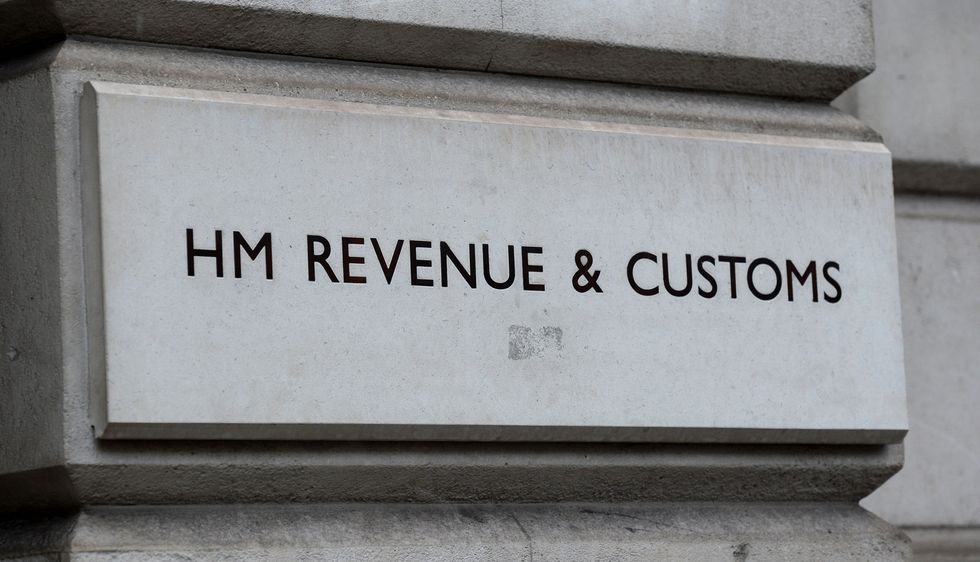Inheritance tax warning: Rachel Reeves plots rule change to stop pensions being passed on tax-free

Any alterations to the tax treatment of pensions could affect the relative advantages of defined benefit and defined contribution schemes
Don't Miss
Most Read
Pension savings have long enjoyed favourable treatment when it comes to Inheritance Tax (IHT) in the UK, however, this privileged status could be under threat in the upcoming Budget.
Unlike other assets such as ISAs, money held in defined contribution pension pots is generally excluded from estate valuations for IHT purposes.
With the Government facing limited options to raise revenue, the nearly £50billion annual cost of pension tax relief has not gone unnoticed by the Treasury.
Experts at pensions consultancy Lane Clark & Peacock (LCP) have put out a report trying to work out where the Chancellor’s tax axe might fall on pensions.
Steve Webb, and his team at LCP suggest that including pension wealth in IHT calculations could be seen as a potential source of additional tax income.
This possible change would align the treatment of pension investments with other forms of savings such as ISAs, addressing what some view as an inconsistency in the current system.
 Reeves could claw back money by closing inheritance tax loopholes | PA Media
Reeves could claw back money by closing inheritance tax loopholes | PA MediaCurrently, money held in the form of a DC pension pot is simply excluded when estates are valued for IHT purposes.
However the Government may take the view that it is hard to see why investments held in an ISA should count for IHT purposes, but investments held inside a pension should not, and could simply legislate to count pension wealth in future.
Should the Government decide to include pension wealth in IHT calculations, Webb and his team explained several implementation challenges would arise.
These include:
- Transitional protection for those who have made plans based on current rules.
- Cashflow issues for Personal Representatives who may need to pay IHT before receiving pension funds – either in the form of a lump sum or even a series of payments.
- The potential need for a new 'scheme pays' mechanism to address these cashflow problems.
The LPC report continued: "Bringing DC pension pots into IHT would create an inconsistency with pensions paid to dependants from DB pension schemes and lump sum benefits from both DB pension schemes and life assurance schemes, all of which currently fall outside IHT.
"Whilst generally a transfer to a spouse on death is exempt from IHT, bringing pension pots within IHT for other transfers could have the unintended consequence of penalising unmarried partners."
Currently, only a small proportion of estates in the UK incur an IHT liability. According to recent data, around 30,000 estates, or about four per cent of the total, are subject to IHT. However, this number is on the rise and has reached its highest level since 2016/2017.
The Government's approach to IHT has been to allow 'fiscal drag' to gradually increase tax revenue. By freezing tax thresholds, more estates are pulled into the IHT net as asset values increase over time.
This strategy has proven effective in raising additional funds without the need for headline-grabbing tax increases.
James Smith, UK economist at ING, noted that changes to tax bands often raise less money than governments anticipate, making fiscal drag an attractive option for boosting IHT receipts.
Tom Selby, pensions and public policy expert at AJ Bell, suggested that any changes might include a transition regime to allow people time to adjust their financial plans.
However, he warned that such a shift could still be "onerous" for those who have structured their finances assuming pensions would escape IHT
Assessing the potential revenue from including pension wealth in IHT calculations is challenging. Many estates with modest pension savings might still fall below current IHT thresholds even with this change.
LATEST DEVELOPMENTS:
Behavioural responses could further limit tax gains. Pension holders anticipating IHT liability might seek to minimise unspent pension funds.
For instance, basic rate taxpayers might withdraw pension money up to the higher rate threshold, paying 20 per cent income tax, then gift the funds to heirs.
While such gifts may be subject to IHT if the donor doesn't survive seven years, creative financial advisers could develop strategies to reduce IHT exposure.
The measure could raise some revenue from wealthier individuals, but behavioural adaptations might restrict the tax take.
Any political backlash could outweigh the short-term financial benefits, making this a potentially risky move for the Chancellor, LCP explained.










